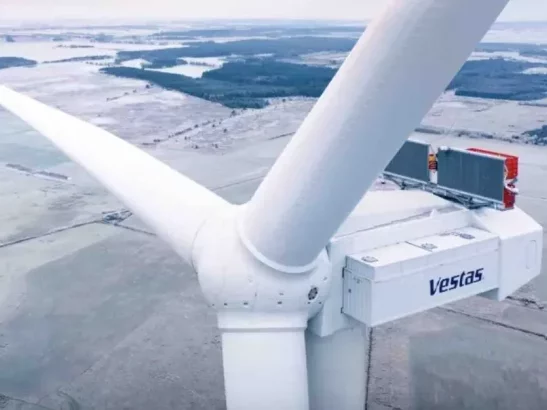The UK Institute for Public Policy Research, a leading and respected Think Tank, has presented a damning report which claims that the future of offshore wind power generation in the UK is in serious doubt and the Government’s plans to encourage new wind farms are over-expensive and flawed. It criticises the Coalition Government for doing too little to attract wind turbine manufacturers to set up in the UK, with the result that only a small proportion of the tens of billions of expected investment in offshore wind will benefit British manufacturers.
As a result of this, the UK public subsidy for wind paid for on energy bills and which will run into billions will reap much less in jobs and benefits to the UK economy than it could have.
Will Straw, associate director at the IPPR, said in a hard-hitting statement:
“The current policy trajectory could achieve a worst of all worlds outcome – low volume [of energy generated], low jobs and high costs. This would fail our climate challenge, our jobs challenge and our rebalancing [of the economy] challenge. Unless Britain pumps up the volume, there is little prospect of bringing down the costs of offshore wind or creating domestic jobs.”
Last week, David Cameron, the UK Coalition Prime Minister opened the world’s biggest offshore wind farm, the London Array, in the Thames Estuary. With relatively shallow surrounding seas and a strong wind resource, the UK is regarded as one of the best sites in the world for turbines in the sea. But there is no target of decarbonising power generation by 2030 and the UK is opposing European Union plans for an exacting 2030 goal on renewable energy.
Both measures are needed to secure long-term certainty for the fledgeling offshore industry. Without this security, investors are likely to stay away.
Two weeks ago, the government set out the “strike price” for offshore wind, of £100 per megawatt-hour of energy generated. This strike price is the price that offshore wind companies will receive as a minimum for the power they supply to the grid. Renewable energy companies said that driving down costs to ensure they could make a profit at such a price would be “challenging”.
But what about wind turbine manufacturing in the UK. Wouldn’t that make economic sense given the UK’s superb environment for both on and offshore wind farms? According to the IPPR report the government must as a matter of urgency attract at least two – and preferably more – wind turbine manufacturers to set up shop in the UK, with not only a boost to jobs locally but also in the supply chain among components manufacturers and engineering and services companies.
Are the skills and equipment needed already in place in the UK? Yes! Because of the UK’s well-developed offshore oil and gas expertise.
Jennifer Webber is the director of external affairs at RenewableUK, the trade association for wind companies, said:
“[These recommendations], if adopted, would stimulate the healthy growth of the offshore wind industry not just for the rest of this decade, but also in the decade which follows. We’ve made progress on the development of the UK supply chain in areas such as manufacturing foundations and electrical equipment, but we must ensure that we reap the full manufacturing benefits by bringing big offshore turbine factories to ports around the UK rather than seeing them sited in other countries.”
Disappointingly, the UK Government rejected these accusations, arguing that the current subsidy arrangements are succeeding in promoting the construction of offshore turbines. The department for Energy and Climate Change said:
“Offshore wind is an important contributor to our energy mix. We have a massive natural resource and expect to see more capacity built to 2020 and beyond. We have provided certainty to offshore wind investors with draft strike prices for contracts in the future electricity market.”
The problem is that the Coalition doesn’t want to hack off voters by having too high energy prices caused by increased investment in on and offshore wind farms. What the UK needs is a statesman who will put short-termism and party politics aside, listen to the experts and act accordingly. Soon.






